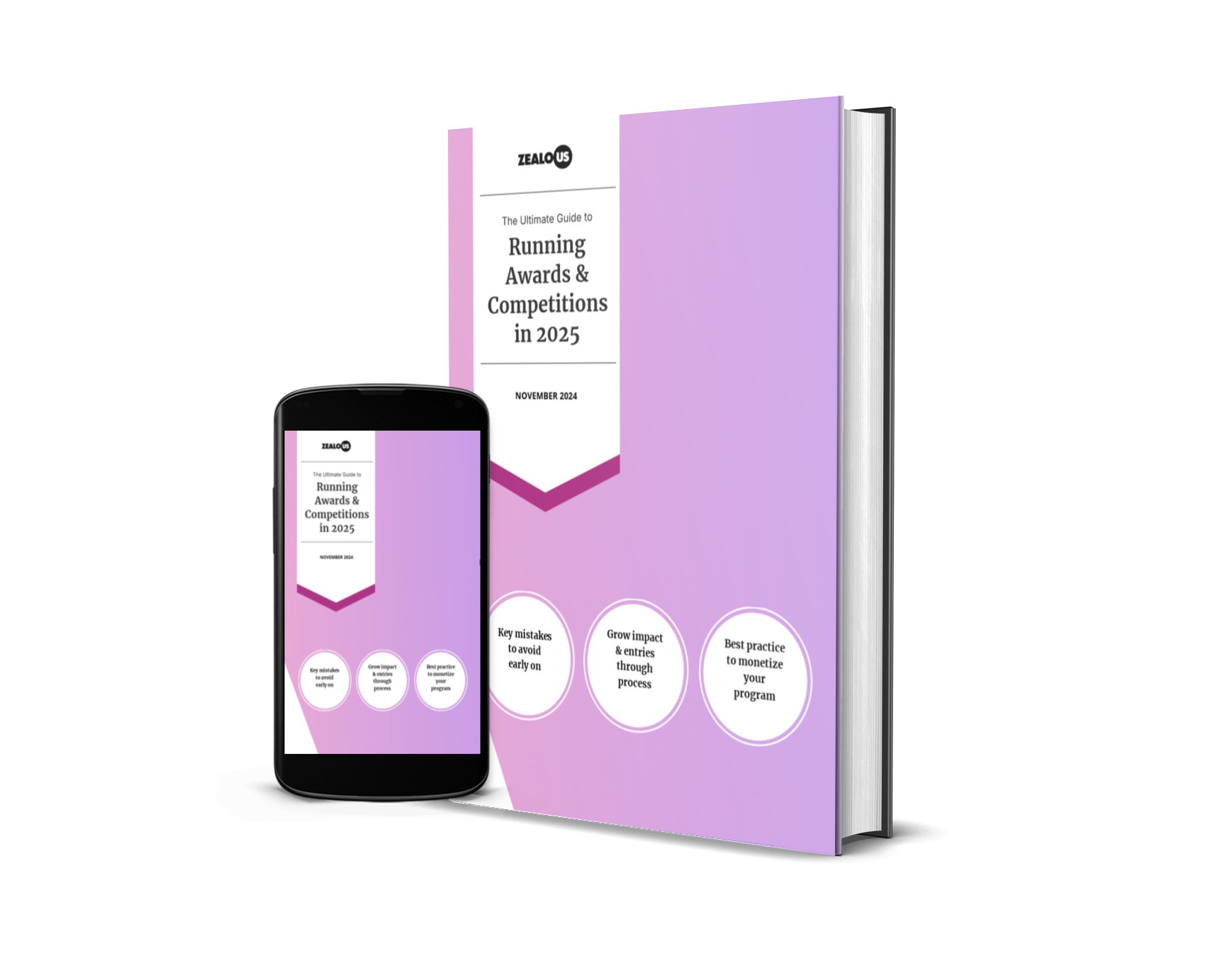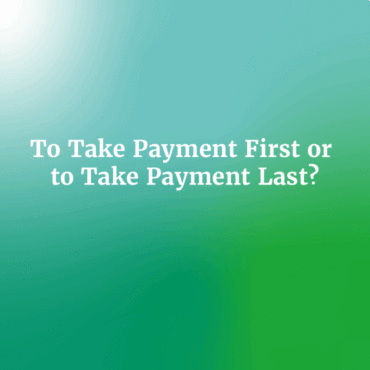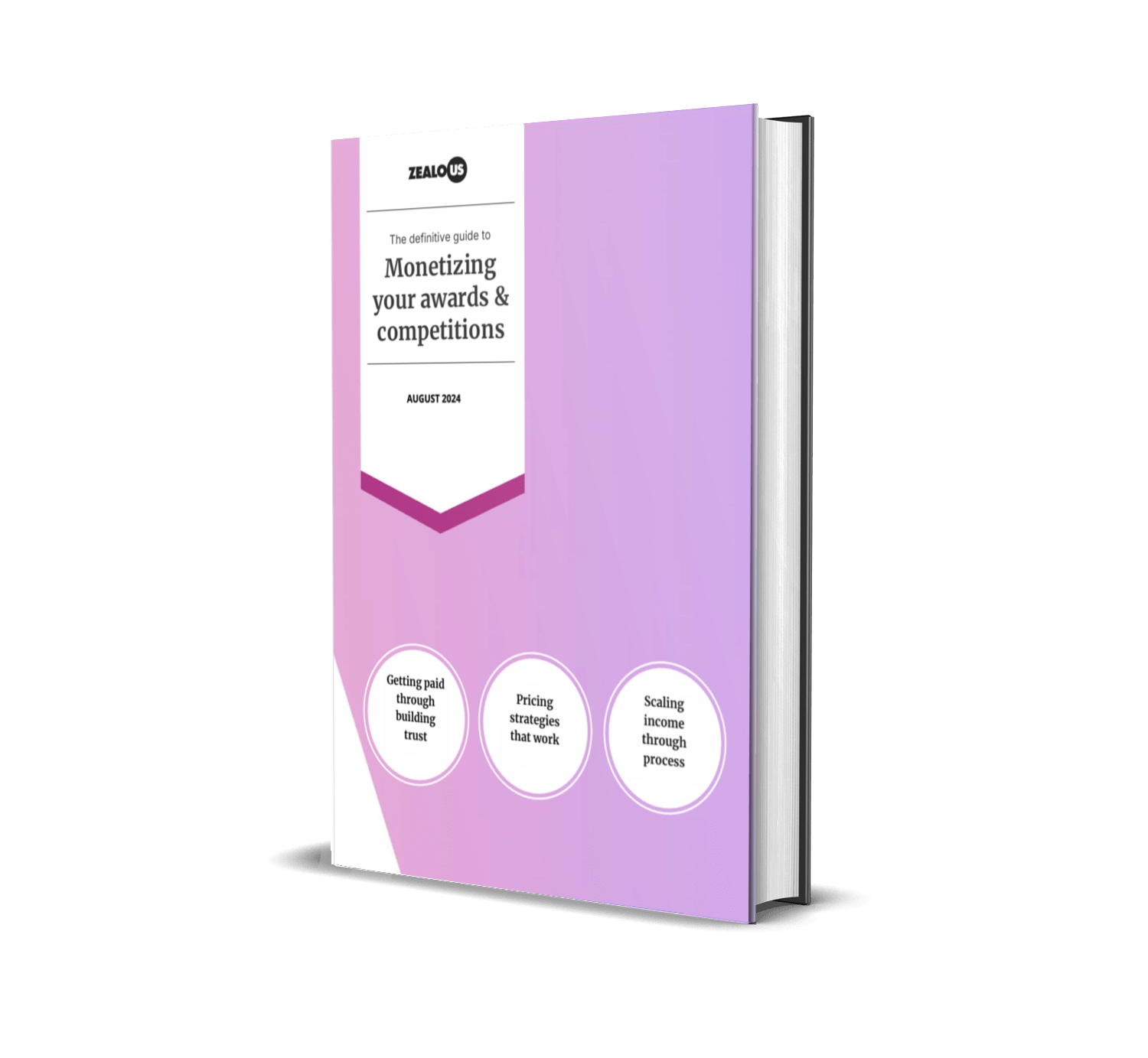At Zealous, we believe that forewarned is forearmed. We’re not just here when things go right—we’re your biggest cheerleader when things get tricky, too. By walking you through potential pitfalls and offering practical solutions, we want to help you feel prepared, stay calm, and embrace the chaos of running your programme with confidence.
Marketing Mayhem

Marketing is one of the biggest pieces of your open call puzzle—and winging it just won’t cut it. If you haven’t planned your strategy or are speaking to the wrong people, you’re already behind. Your audience needs time to see, understand, and trust your offer.
Problem: You underestimate how long it takes to build awareness.
Solution: Start your campaign at least 4 weeks before launch.
As Carmela shares in this article: “If you’re starting your marketing on launch day—or worse, a week before the deadline—you’re already on the back foot.” According to the Rule of 7, people need to see your message at least seven times before they act. An open call is a brilliant awareness tool, but if it’s someone’s first encounter with your brand, you need time to build that trust.
Problem: You’re not reaching the right people.
Solution: Use targeted networks and trusted partners.
If your audience is too broad—or irrelevant—you’ll waste time and energy. Skip the “share this with everyone” approach. Instead, reach out to existing networks, partners, and platforms that already speak to your ideal applicants. Think curated email lists, aligned organisations, and industry-specific platforms. Read more tips on Marketing Your Competition.
Problem: Social media algorithms fail you.
Solution: Use a multi-channel approach with value-led messaging.
One platform glitch or ban shouldn’t derail your whole campaign. Don’t rely solely on one form of social media—balance your outreach with email marketing, PR, and direct communications. Focus less on trends and more on trust-building, mission-driven content. See how we created mission-driven content for our Amplify Open Call in Amplify Insights: Marketing Your Opportunity.
Judging Jitters

Getting the right judges on board is only half the battle. Keeping them engaged, informed, and on track with your open call timeline is just as important. As the organiser, it’s your job to make the process as smooth as possible.
Problem: You don’t have any reputable judges on your panel.
Solution: Improve your outreach process and quality of communication.
A strong judging panel can boost your open call’s credibility and attract better applicants. Judges carry reputations, networks, and valuable perspectives—so don’t underestimate their impact. Look for people who align with your programme’s values and can meaningfully contribute to your vision. And remember: sometimes it’s all in the ask. Lead with clarity, respect their time, and don’t take a “no” personally.
Problem: One (or more) of your judges doesn’t follow through.
Solution: Confirm expectations early and use automated reminders.
Make sure your judging panel knows exactly what they’re committing to before they say yes. Don’t overwhelm them with hundreds of entries if you can avoid it. Use tools (like Zealous) that send automated emails and reminders to keep them on track. Offering an incentive can also help—it doesn’t have to be financial, but think about what might be valuable or meaningful to them.
Problem: Judging criteria isn’t clear.
Solution: Establish clear, measurable guidelines.
If your judges are confused, it will show in inconsistent scoring. Set your judging rubric in advance and align it with your organisational goals. Make it crystal clear what judges are looking for—and how to identify it.
Admin Overload

Manual processes will eat your time (and your sanity), especially if you’re managing multiple entries. If your admin systems aren’t working for you, they’re working against you.
Problem: You’re overwhelmed with spreadsheets and slow systems.
Solution: Automate admin where you can.
You shouldn’t be manually tracking entry forms, sending reminders, or exporting CSVs all day. Using a tool like Zealous means your admin is reduced, not increased. You’ll save time, money, and probably your inbox too.
Problem: You’re struggling to stay on top of deadlines.
Solution: Build an effective timeline and use scheduling tools.
When deadlines pile up and tasks start slipping, it’s usually a sign that your processes need structure. Work backwards from your judging date and map out a clear calendar of tasks to prevent you from falling behind.
Communication Chaos

Your applicants are excited, nervous, and often full of questions. Your communication needs to be timely, clear, and compassionate.
Problem: Applicants feel confused by the guidelines.
Solution: Use plain language and repeat your key points often.
Don’t assume everyone reads everything. Make your guidelines as clear and accessible as possible, and repeat essential information like deadlines frequently. This isn’t just for your guidelines, but across your whole campaign: think emails, FAQ pages, and social posts. The clearer you are, the fewer questions you’ll need to answer later—and the less admin you’ll have to manage.
Problem: You’re asking for too much (or the wrong things) in your submission form.
Solution: Ask only for what you need, and explain why you’re asking for it.
Overloading your submission form can lead to confusion, frustration, and lower-quality entries. Every question should have a purpose—what will you do with that information? Keep your form lean, and if you’re asking for something specific (like an artist statement or demographic data), tell applicants why it’s important and how it will be used. This builds trust and increases your chances of getting thoughtful, relevant submissions.
Problem: You’re getting too many dispute requests and/or applicants feel misled.
Solution: Set clear terms and communicate them early.
If there’s a submission fee, make it very obvious from the start—don’t bury it in small print. A hidden fee can create frustration and erode trust. Clearly outline your refund policy, your process, and what happens if someone wants to withdraw their entry. It’s better to over-communicate than to leave someone feeling blindsided.
Technical Trouble

Even with the best tech, things can go wrong. How you respond matters just as much as what went wrong.
Problem: The platform goes down or applicants face errors.
Solution: Have a comms plan for tech emergencies.
Nobody wants a crash mid-submission. But if it happens, clear, honest communication makes a big difference. Let applicants know you’re on it and offer alternative solutions if needed. If issues occur near the deadline, consider extending it for affected applicants.
Problem: An incorrect email or update goes out.
Solution: Act quickly, acknowledge it, and follow up clearly.
A wrong deadline or broken link can cause panic. Send a correction quickly, keep the tone human, and offer reassurance—people understand that mistakes happen.
Conclusion
If it feels like there’s a lot that could go wrong—it’s because there is. But every potential mistake is also an opportunity to strengthen your systems, communicate better, and grow.
The most important thing? Maintaining clarity. Whether it’s your scheduling, who you’re targeting, your tools, how you’re communicating with applicants and judges — the clearer you are, the smoother your programme will run.
If you haven’t launched yet, focus on making everything as clear as possible:
→ Test your tools with demos and previews
→ Share your guidelines and emails with a fresh set of eyes
→ Use AI to help you spot gaps or confusing phrasing
And if you’ve already finished your programme? Be clear about your next steps. Continue the communication with your applicants, judges, or anyone who gave you feedback — nurturing the relationships you’ve worked so hard to build. You don’t need to be perfect. You just need to be clear.
Did you enjoy this article?
Hear real stories from our community about the lessons they learned the hard way in “What I Wish I Knew Before Running an Open Call”.
Stay in the loop!
Subscribe to our newsletter for the latest tips, insights, and inspiration for running your next opportunity. Subscribe here.
Let us know you want us to write more content like this with a love!
Share





